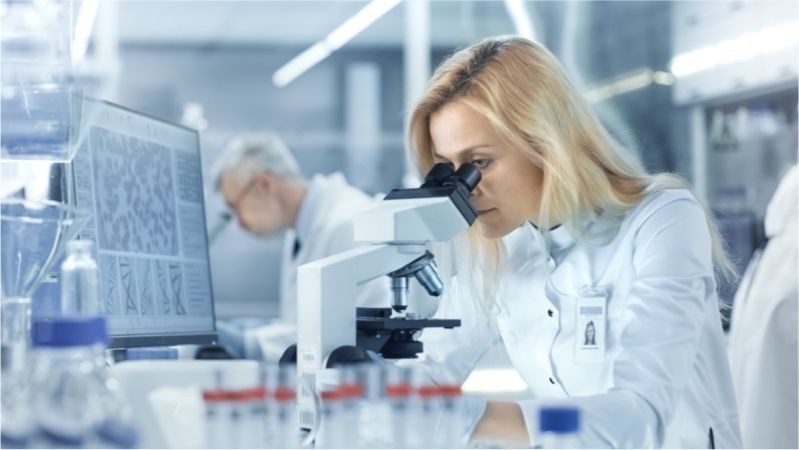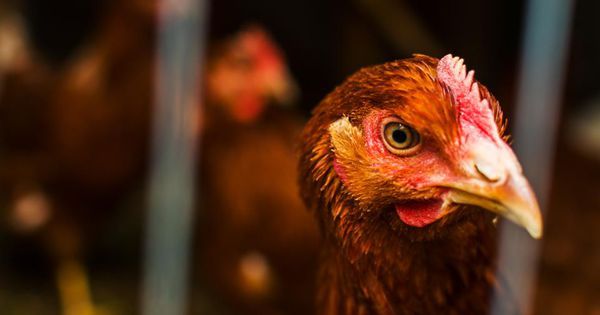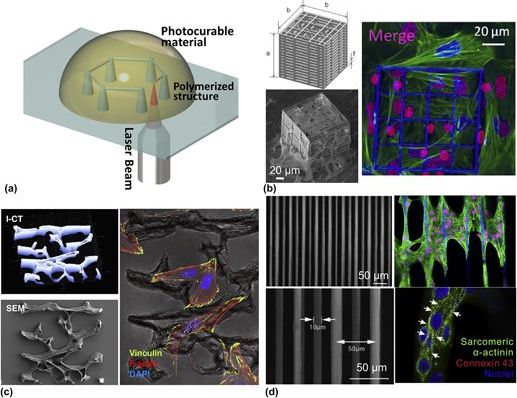Category: bioengineering – Page 176

Creating Thymus Organoids Using Tissue Engineering
Today, we wish to highlight a new open access publication in which the researchers take a novel approach to the regeneration of the thymus, a small but vitally important organ that is key to our immune system.
The thymus shrinks as we age
The thymus is one of the most important organs in the body, and it is where thymocytes produced in the bone marrow travel to become new T cells before being trained in the lymph nodes to become the defenders of the adaptive immune system. However, as we get older, the thymus increasingly turns to fat and starts to shrink, causing its ability to produce new T cells to fall dramatically. This process is known as thymic involution and actually begins shortly after puberty, so this is one aspect of aging that begins fairly early in life, although it is many decades later before its decline causes serious health issues.


These Scientists Are 3D-Printing New Body Parts for Athletes
A team of bioengineers has successfully 3D-printed tissues they believe doctors could one day implant into patients to help heal the knee, ankle, and elbow injuries that have ended the careers of countless athletes.
“I think this will be a powerful tool to help people with common sports injuries,” Rice University researcher Sean Bittner said in a press release — though the impact of the group’s work could extend far beyond the turf or pitch.


The Government Is Serious About Creating Mind-Controlled Weapons
DARPA, the Department of Defense’s research arm, is paying scientists to invent ways to instantly read soldiers’ minds using tools like genetic engineering of the human brain, nanotechnology and infrared beams. The end goal? Thought-controlled weapons, like swarms of drones that someone sends to the skies with a single thought or the ability to beam images from one brain to another.
This week, DARPA (Defense Advanced Research Projects Agency) announced that six teams will receive funding under the Next-Generation Nonsurgical Neurotechnology (N3) program. Participants are tasked with developing technology that will provide a two-way channel for rapid and seamless communication between the human brain and machines without requiring surgery.
“Imagine someone who’s operating a drone or someone who might be analyzing a lot of data,” said Jacob Robinson, an assistant professor of bioengineering at Rice University, who is leading one of the teams. [DARPA’s 10 Coolest Projects: From Humanoid Robots to Flying Cars].
